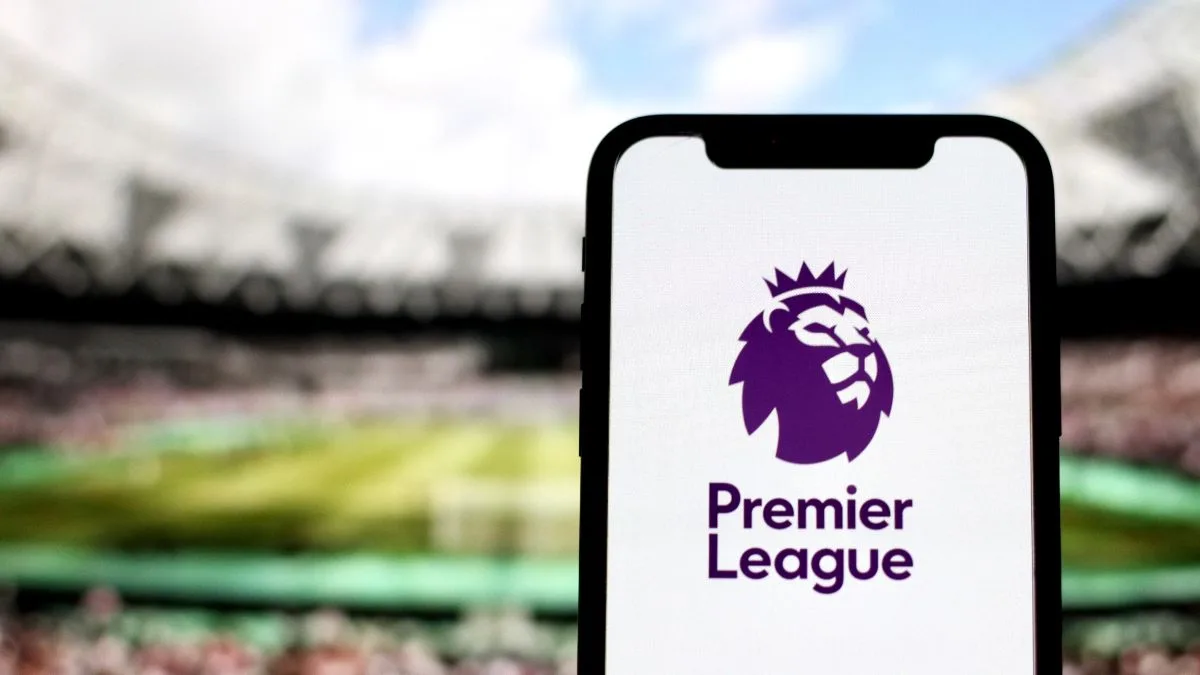A Fresh Start: How New Clubs Revived Football Careers
The Importance of Club Transfers in Modern Football
In the high-stakes world of football, a player's career can be shaped—or saved—by a single transfer. Many footballers have found themselves stagnating at clubs where they lacked playtime, motivation, or proper tactical fit. But with the right move, they managed to completely change the narrative of their careers.
Some footballers went from struggling prospects to global icons, all thanks to a timely change of scenery. These cases highlight the power of good management, coaching, and timing in football. For fans who follow every dramatic twist of a player’s journey, platforms like luongsontv have made it easier to stay updated.
Transfers can rescue careers and reframe player legacies.
Club culture and coaching styles are often key to a player's performance.
A poor fit can stall even the most talented footballers.
Players often flourish when given a system that suits their style.
Mohamed Salah’s time at Chelsea painted a bleak picture. Limited opportunities and a system that didn’t fit his style left many doubting his abilities. However, after moving to AS Roma and eventually joining Liverpool in 2017, Salah completely turned things around.
At Liverpool, under the guidance of Jürgen Klopp, Salah became one of the most lethal forwards in world football. His speed, finishing, and tactical understanding flourished in Klopp’s high-intensity system.
Salah was labeled a flop at Chelsea before his resurgence.
A stint in Serie A allowed him to rebuild confidence and skill.
Klopp’s attacking system was ideal for Salah’s strengths.
He won multiple Golden Boots and helped Liverpool win the Champions League and Premier League.
Another player who struggled at Chelsea, Kevin De Bruyne, faced limited game time under José Mourinho. After moving to Wolfsburg in Germany, he emerged as a creative powerhouse. His move to Manchester City in 2015 marked a turning point.
At City, De Bruyne became the heartbeat of Pep Guardiola’s midfield. His vision, passing, and leadership have earned him numerous accolades and a spot among the world’s elite midfielders.
De Bruyne’s early Premier League stint was underwhelming.
Wolfsburg gave him a platform to showcase his talent.
Guardiola’s system helped him evolve into a world-class playmaker.
He’s since won multiple Premier League titles and individual awards.
Zlatan’s career is unique—not because he changed clubs, but because of how often he reinvented himself. After a falling out at Barcelona, many doubted whether he could still perform at the highest level. However, his return to AC Milan and later spells at PSG, Manchester United, and even LA Galaxy proved otherwise.
Each move saw Zlatan adjust his style while maintaining his goal-scoring edge. His hunger for success and charisma helped him lead teams across different leagues and environments.
Zlatan was seen as a problematic figure after Barcelona.
AC Milan and PSG saw him dominate with goals and leadership.
In MLS, he became an instant sensation, scoring spectacular goals.
His second spell at Milan brought stability and inspiration to younger players.
Romelu Lukaku had a stop-start career in the Premier League. After his high-profile move to Manchester United, inconsistent form and criticism took a toll. But his switch to Inter Milan changed everything. Under Antonio Conte, Lukaku became a dominant force again.
The Italian league's tactical nature suited his physicality and movement. He scored consistently, led Inter to a Serie A title, and re-established himself as one of Europe’s top strikers.
Lukaku was under heavy scrutiny in the Premier League.
His move to Italy allowed him to reset mentally and technically.
Conte built a system around Lukaku’s strengths.
He returned to Chelsea briefly, but his best form remains linked to Inter.
Alexis Sánchez was a superstar at Arsenal but failed to live up to expectations after joining Manchester United. Injuries and tactical mismatches made his stint forgettable. But his move to Inter Milan offered a glimmer of redemption.
Though not reaching his Arsenal peak again, Sánchez found more stability and played important roles off the bench. He contributed to Inter’s squad depth and proved his worth in key moments.
Alexis thrived at Arsenal but struggled post-transfer to United.
Lack of fitness and cohesion derailed his progress.
At Inter, he became a valuable squad player.
His story resonates with fans who enjoy watching career revivals on xem bóng đá trực tiếp lương sơn.
Few transfers are as poetic as Andrea Pirlo’s move from AC Milan to Juventus in 2011. Seen as surplus to requirements, Pirlo joined Juve on a free transfer—and transformed their midfield for years.
Pirlo redefined the regista (deep-lying playmaker) role, orchestrating play with unmatched vision and calmness. His performances helped Juventus dominate Serie A for much of the decade.
AC Milan considered him past his prime.
Pirlo proved age was just a number with consistent performances.
He won four Serie A titles with Juventus.
His elegance and leadership redefined Italian football’s midfield play.
After a difficult spell at Manchester United, Memphis Depay needed a new environment. His move to Olympique Lyonnais in Ligue 1 allowed him to rediscover his joy for football and express his personality on the pitch.
At Lyon, Depay became the team’s leader, scoring goals, providing assists, and leading by example. This resurgence eventually earned him a move to Barcelona, showing how a good fit can reignite a player’s career.
Memphis struggled with confidence and consistency at United.
Lyon gave him the platform to grow and lead.
He rebuilt his career through hard work and flair.
The move reminded fans of his original potential and versatility.
Footballers are often judged by statistics, trophies, and highlights. But behind each number lies a story of grit, struggle, and transformation. The players featured in this article all represent the importance of finding the right club, coach, and system.
Changing clubs is not just about switching jerseys—it’s about resetting one's mindset, environment, and goals. Whether it’s Salah at Liverpool, De Bruyne at City, or Pirlo at Juventus, these stories prove that with the right move, any career can be reborn.
Successful transfers depend on timing, opportunity, and fit.
Some players need a lower-pressure environment to grow.
Coaches and systems play crucial roles in unlocking potential.
Every player deserves a second chance—and a platform to shine.




Want to add a comment?